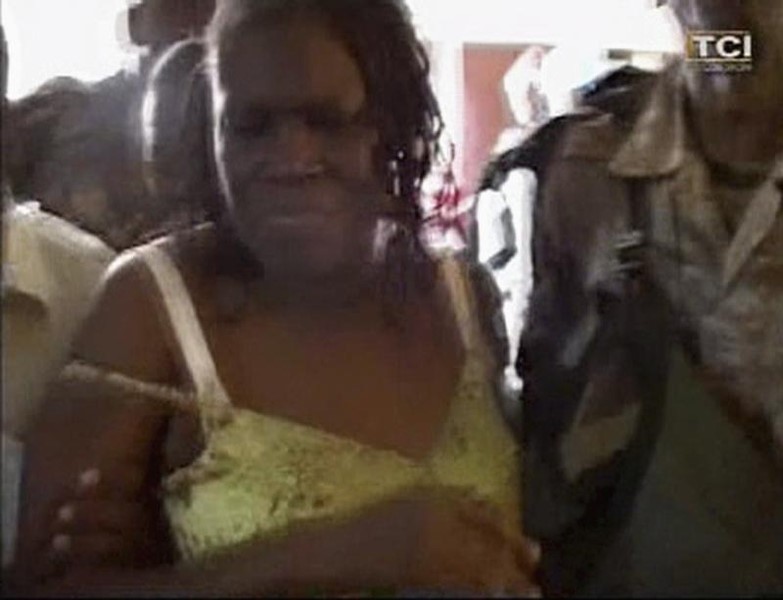ABIDJAN (Reuters) - Simone Gbagbo, Ivory Coast's former first lady, on Monday rejected charges of rebellion and xenophobia, in her first public statements at a trial over her role in a conflict that erupted after a contested 2010 election.
Gbagbo is wanted by the International Criminal Court for her role in the violence, which killed about 3,000 people. But Ivory Coast has said she and dozens of fellow supporters can be tried at home.
"I reject these charges," Gbagbo said in an Abidjan court where she is being tried alongside more than 80 other figures from her husband's administration.
Her husband Laurent is being held at the ICC, where he faces accusations of crimes against humanity committed during the short war that erupted in 2011 and ended with rival Alassane Ouattara becoming president.
The fighting broke out in the world's top cocoa grower when Gbagbo and his supporters rejected U.N.-backed election results showing that Ouattara had won. Northern rebels backed by U.N. and French troops defeated Gbagbo.
Simone Gbagbo accused foreign powers led by former colonial master France of bias, saying they had sided with Ouattara during, not after, the election.
The 2010 vote was meant to cap Ivory Coast's peace process after almost a decade of conflict and political tension that split the country between the south, where Gbagbo enjoyed most of his support, and the north, where Ouattara is from and rebels took up arms.
Instead, Gbagbo and his security forces refused to accept the results released by the election commission and supported by the U.N. peacekeeping mission, leading to a four-month crisis, the last two months of which saw intense fighting.
"Laurent Gbagbo was the real winner of the 2010 presidential election," Simone told the court. Some protesters gathered outside the court shouting: "Simone is a killer!"

Ivory Coast has rebounded swiftly since the conflict, but critics argue that none of the pro-Ouattara supporters involved in the conflict have been brought to justice.